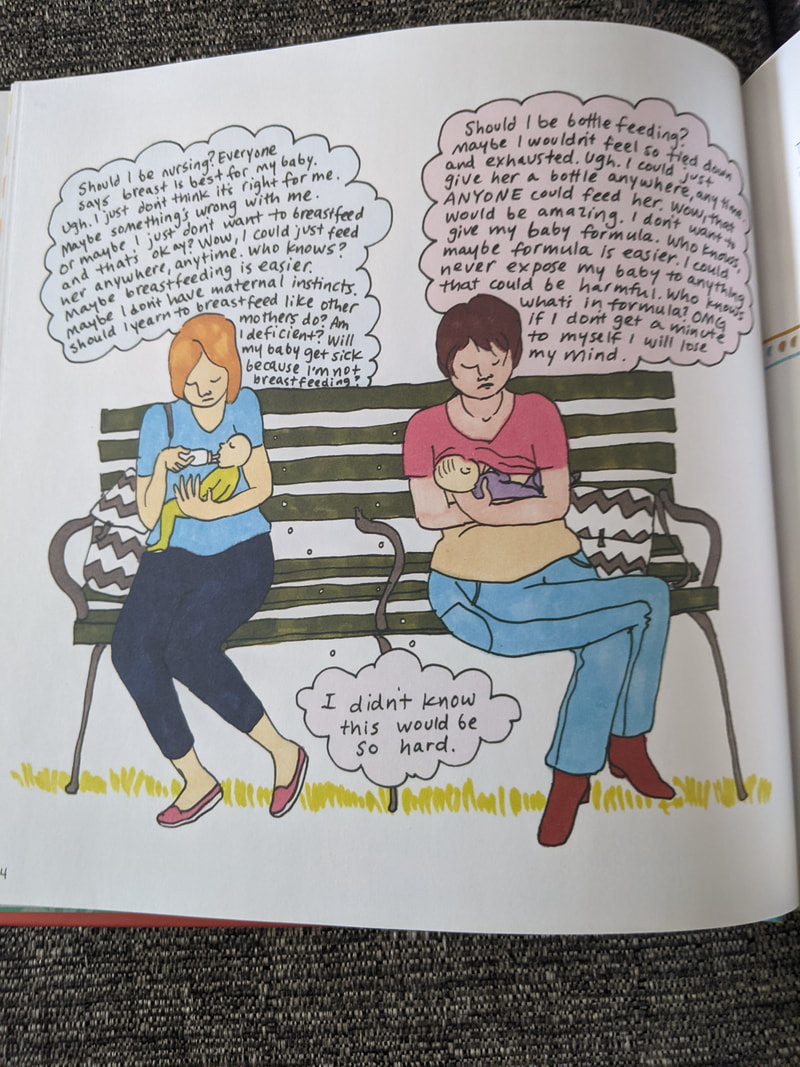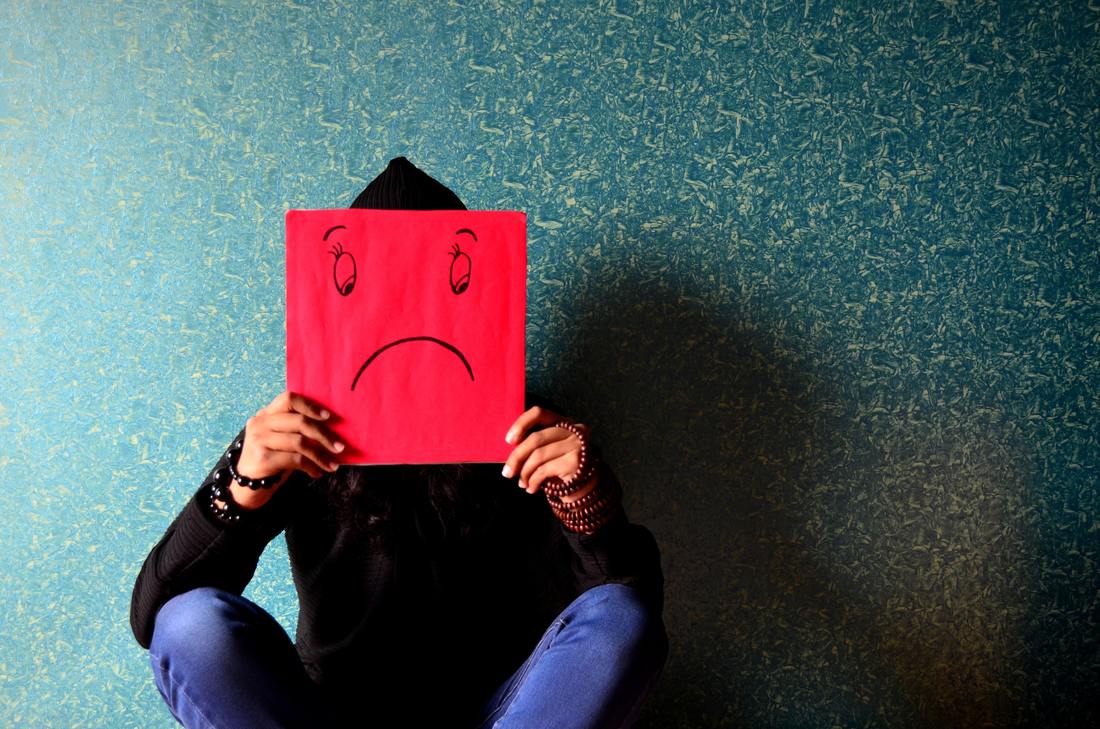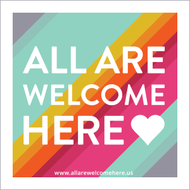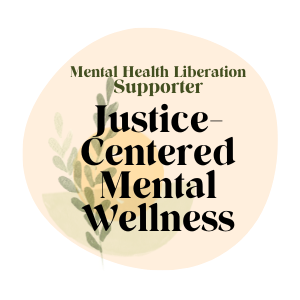|
I was bopping around my Facebook groups tonight when I encountered a post by a woman who was lamenting the abundance of “lifestyle” suggestions that accompany infertility advice. Her comment inspired this blog post because it really pulled at my heart strings.
As an eating-disorder clinician and an infertility specialist, I can’t help but see the way that diet culture infuses these “lifestyle” tips. If you’ve ever googled “tips for trying to conceive” or “ways to improve fertility,” you’d be made to believe that if you exercise daily (but not too much!) and eat “clean” (a phrase I despise), that little blue line will magically arrive. And if you’ve been on this path for a while, you know that if this were true you would have been pregnant time and time again, because you’ve tried it all. I know I did… It’s not enough that, as those who identify as women, we are bombarded by lifestyle “shoulds” through social media, tv ads, magazines etc. on a daily basis, but if you are a woman trying to conceive – forget it. You are low hanging fruit. They know that you would do anything and everything if it could just help you create that baby you’ve been dreaming of for so long. So I am here to tell you, f*ck ‘em. Rebel, my dear. It’s the only way. Every time a well-meaning friend, yoga instructor, or article tries to tell you to drink red raspberry tea, cut out carbs, eat high protein, do yoga every day, remove sugar from your diet – you look that person or font straight in the proverbial eye and say, “Not today, diet culture!” Because that’s what it is. It is society’s disturbing, insidious way of trying to keep us small and using our deepest desires as a method to do so. I am not saying that we shouldn’t strive for a healthful lifestyle, what ever that means to us as individuals. Physically and mentally, it is important to joyfully move our bodies every day if we can. And we should eat a healthful diet that is appropriate for our physical make-up and specific medical conditions. But diets that cut out foods or components of foods willy nilly and label them “bad” and others “good” are not going to serve anyone. And they certainly will not convert one line to two on that dreaded monthly test. I wish I could tell you what it would take for you to get pregnant. I don’t know because it’s different for all of us. For me, it was science and luck. But I promise you, perfection does not get you pregnant. So be kind to yourself, eat foods that make you feel good, dance to get your spirits up. I guarantee, that will serve you better than any “fertility diet” out there. With love, Dr. Martine
15 Comments
 Today is National Stress Awareness Day and the concept couldn’t be more linked to fertility. One of the most common things I hear from my infertility clients is that they worry that the stress that they are experiencing as a result of infertility struggles will further contribute to their infertility. Let me start out by reassuring you that there is currently no empirical evidence that this is true. It is appropriate and often unavoidable to experience high levels of stress when going through infertility and assisted reproduction. You do not need to carry the double burden of both going through infertility and then worrying that you are stressing too much about it. Stressed out people have babies all the time!
Now, onto why stress management matters. Stress feels very uncomfortable – wouldn’t you agree? If you’re struggling to conceive, there are often feelings of stigma and social isolation, relationship challenges, and feelings of helplessness and hopelessness that you’re dealing with. Stress management techniques can help to alleviate all of these things. So let’s get to it! What can you start doing today to manage your stress?
In conclusion, feeling stressed will not prevent you from getting pregnant. I can’t emphasize this enough! But feeling stressed is no fun for anyone, and it can tax your resilience during to the long and often arduous process of trying to get pregnant. So take care of yourself by engaging in some stress management techniques. There’s no better day than today! Click here to read the original blog post that I wrote for Kindbody as the featured blog writer for National Stress Awareness Day, November 3, 2021. May is maternal mental health month and I can’t let it go by without writing about what I’m discovering is one of the most fraught, guilt-inducing, shame-filled aspects of the postpartum period for many women: breastfeeding/chestfeeding.
“What?!” – you ask. We don't usually see words like "shame" and "guilt" associated with breastfeeding. We see, “joyful”, “bonding”, and “magical” and are told it’s the best thing we could possibly do for our baby. We’re told it’s what truly makes us mothers. But what does that mean about all the women out there who can’t breastfeed? Or, perish the thought, don’t want to. As I write this, I can’t help but feel grief and sadness for all the pressure that is put on us as women and for some of my dearest friends and clients who have experienced immeasurable pain and trauma from their attempts to breastfeed. It shouldn’t have happened this way. I breastfed my 9-month-old from day one and didn’t think much about using formula. While there were both beautiful moments and difficult moments (repeated clogs, trying to keep up with pumping while working full-time etc.), it had overall been a positive experience. But as we started to approach the 9-month mark, I decided that it was time to start to wean – for many reasons. One of which being that my son began to wean himself. He started preferring the bottle to the breast. I was slightly insulted (Really?! No thank you to warm, fresh milk from the source? Rude!) but mostly relieved. I too had started to prefer the bottle to the breast. I was tired of being connected to the pump all day long, often watching my son reach for me and having to hide away so that I could get milk out for him. I was tired of going into silent dark rooms to feed so that he would stay latched without getting distracted. I was tired of the fact that, when he would finally sleep through the night, I would be up for hours curled over the sink squeezing out a painful clogged duct that had appeared out of nowhere. When I decided that we were both ready to let the boob go and move to the bottle, it seemed practical. I wasn’t prepared for the emotions that accompanied it. I felt selfish, bad, wrong. How could I give my son this horrible, artificial stuff called formula when I was one of the lucky ones who COULD make breastmilk for him? Aren’t I supposed to do this for one full year? What’s wrong with me for wanting to stop? As the adults in my home will attest to (my husband, my amazing formula-positive nanny), it was a time wrought with fear, pain, and confusion. I was lucky to have a friend who had a formula-fed baby to help me understand what I was experiencing. She gave me a book I highly recommend, called Bottled Up: How the Way We Feed Babies Has Come to Define Motherhood, and Why It Shouldn’t by Susan Barston. Barston looks at breastfeeding politics and “offers a corrective to our infatuation with the breast.” Her book made me feel a sense of relief. I started to believe that I wasn’t bad or wrong for wanting to wean my baby prior to one year and for seeking a safe alternative to breast milk. Her book also made me angry. Angry for myself and for all the women out there who weren’t able to breastfeed or who decided to stop at one point another – because they had been sexually assaulted, because they had an eating disorder, because they didn’t produce enough milk, because they have inverted nipples, because it was too painful, because it doesn’t align with their gender orientation, because they didn’t have paid maternity leave, because they DIDN’T WANT TO! We deserve better than having to suffer in a shameful collective silence, feeling judged by other moms and anyone else with an opinion. We deserve compassion, understanding, support – just for being new mothers trying to do our best. We deserve high quality formula that’s made in the United States so that we don’t have to order it from Europe and try to decipher German instructions. We deserve to be seen and informed about our options in prenatal classes whether we intend to breastfeed for 1 month, 1 year, or not at all. We do SO MUCH for our children and we are more than how we choose to feed them. I’m calling for a new dialogue. When you see someone feeding their baby with a bottle, remind yourself (and maybe them) that it’s beautiful. And if you had to feed your baby in a way that breaks the fairytale vision that you were socialized into, remind yourself that you are a worthy, wonderful, true mother - regardless. Now that I am well on my way to having a bottle-fed baby for the last few months of his first year, I feel so relieved. And he is a very happy baby with a very happy, well-rested, fulfilled, mama – what could be more valuable than that? It’s not easy to be single and dating in general, let alone in a pandemic. I’ve been meeting with a lot of women-identified clients who are doing their best to continue to safely put themselves out there- via socially distanced walks, outdoor coffee meet-ups, and even virtual first dates over video. I have to say, props to all of you who aren’t letting a little virus get in your way of finding love. I am cheering you on from the sidelines!
But today I’m writing to you about one issue we can’t blame on the pandemic: ghosting. Yes, that all-too prolific dating behavior that any swiper has experienced at least once. Though lately, it really seems to be an epidemic. Now, I may be biased, but the single women I see for therapy are amazing. Funny, smart, beautiful. I genuinely enjoy the hour I get to spend with them every week. Yet, the consistent theme I’m hearing is: “I went out with this guy a couple of times, we hit it off, he said he liked me and wanted to see me again. We had a third date scheduled for last Saturday and when I texted to check in about timing, I never heard back from him!” The nerve. Though I’m now a married middle-aged mom, I too was in the dating pool for quite awhile back in the day. Remember when Match.com was the only dating site? I was on there in Chicago in 2005, giving it my best. Then there was OkCupid, Tinder, Bumble, Hinge – I tried them all. And though it took me many years to meet my honey, I did not experience the epic level of ghosting that occurs today. I’m curious – what do you think has changed? Has hook-up culture truly run rampant and tainted the minds of hearts of all the kind, honest folks out there? Also, is this the case in the non-hetero dating pool? Or is this primarily a cis-woman/cis-man issue? My clients and I have often worked together to try to crack the code to not getting ghosted. Questions that often come up are: Am I sleeping with these guys too early? Am I not sleeping with them quickly enough? Is there something wrong with me? Have I made myself too available? Do I seem like I’m not interested enough? While sometimes there are behaviors that can be worked on in relation to attachment styles (blog post on this to come), the answers are usually: No, no, no, no, no. Let’s remember, there are so many reasons that things don’t work out. Do not allow these daters’ bad behavior to affect your self-worth. Anyone worth your time will at least say “Hey, I can’t make it today. Take care.” Really, at the very least! So next time this happens to you, remember that you are in good company. The person you’re meant to be with may be a needle in a haystack, but they’ll be easier to spot amongst all those cowardly ghosts. Finding Resilience Through Your Body - A Mind Body Exercise for Trauma, Stress, and Anxiety8/15/2019 It can be easy to feel like you're the only one struggling in times of strife, and that makes the suffering even more intense. I have found podcasts to be an amazing resource for finding comfort in times of difficulty, to feel less alone, less weird, more human. And I know that many of my clients feel the same way.
Through podcasts, you can be a voyeur. You can listen in on candid conversations about any topic that interests you, and no one has to know. It's just you, your listening device of choice, and the open road. Most people start out listening to podcasts about current events, business growth or marketing, podcasts for entertainment and the like, but many have not considered listening to podcasts about mental health. It turns out there are some great podcasts to help with the suffering so many of us deal with: depression, anxiety, ADHD etc. You can hear stories from other people and learn from how they've overcome difficult situations. The format is usually entertaining (there are so many podcasts out there, it takes some charisma to survive!) and, it's totally anonymous. What could be better? So get some free therapy on your way to work, while you're out walking the dog, washing the dishes, wherever! One of my favorites is Tara Brach's talk and meditation series. She is a psychologist and meditation instructor and she is a wonderful source of wisdom. Two of her most recent talks are about healing depression through meditation (Part 1 and Part 2). And before I send you off to explore, I have a few more suggestions to get you started on the road to the wonderful world of self-help podcasting. Here is great a list of 10 Podcasts about Mental Health from the Lily, an extensive list of prenatal and postpartum / new motherhood-focused podcasts and eating disorder recovery podcasts (Food Psych is one of my favorites) from Player FM, and 10 ADHD Podcasts You Need to Kick off 2018 (a little late, I know). You can find most of these podcast series on the podcast app that is already installed on your smartphone. And feel free to get wild and search for some mental health podcasts of your own! If you have a podcast you really enjoy and would like to share it with us, please do in the comments below. Happy listening! |
AuthorDr. Martine Jones (formerly Martine Luntz) is a clinical psychologist who serves clients in North Carolina, Florida, and internationally by providing support for relationship concerns, stress and anxiety, infertility, prenatal and postpartum distress, and life and role changes. Archives
April 2022
Categories
All
|





 RSS Feed
RSS Feed



